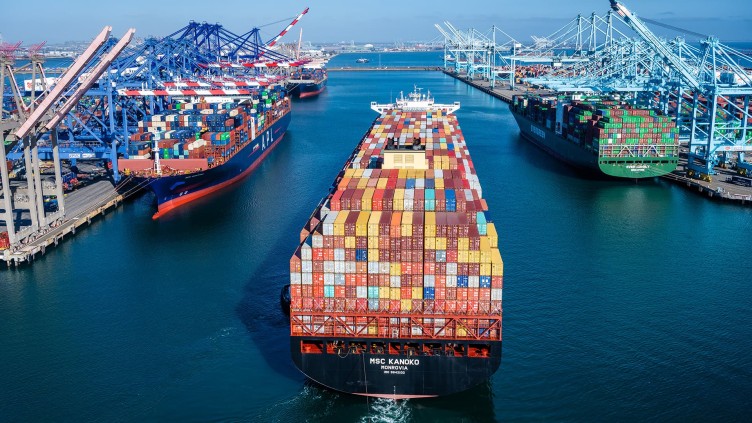How can I choose the right shipping line for my cargo?
In this article, we will talk about the key considerations when selecting a shipping line and provide guidance to help you make an informed decision.
Choosing the right shipping line for your cargo is a crucial decision that can impact the efficiency, cost, and safety of your shipment. With numerous shipping lines available in the market, it’s important to consider several factors to ensure you make the best choice.
Choosing the right shipping line for your cargo involves careful consideration of multiple factors. Prioritize reliability, network coverage, vessel capacity, and frequency of sailings. Evaluate the level of customer service and support provided, along with the estimated transit time and cost. Additionally, ensure that the shipping line can handle any special requirements your cargo may have. By conducting thorough research and making an informed decision, you can select a shipping line that meets your needs, minimizes risks, and ensures a smooth and efficient transportation process for your cargo.
Reliability: Reliability is paramount in the shipping industry. Look for shipping lines with a strong track record of on-time delivery and minimal disruptions. Research their performance history, including their reliability ratings and customer reviews. Check if they have experienced any major delays, accidents, or service interruptions in the past.
Network Coverage: Consider the shipping line’s network coverage and the destinations they serve. Ensure that they operate in the regions you require and have a well-established presence in those areas. A comprehensive network ensures smoother transit and better accessibility to different markets.
Vessel Capacity and Frequency: Evaluate the shipping line’s fleet size and vessel capacity. Determine if they have vessels suitable for your cargo’s size, weight, and special requirements. Additionally, assess their frequency of sailings to your desired destination. A shipping line with frequent departures offers more flexibility and reduces the risk of delays.
Service and Support: Assess the level of customer service and support provided by the shipping line. Prompt and efficient communication is essential for addressing any concerns, tracking your cargo, or resolving issues that may arise during transit. Choose a shipping line that offers reliable customer support and has responsive communication channels.
Transit Time: Consider the estimated transit time offered by different shipping lines. Transit time directly affects your supply chain planning and customer satisfaction. Compare the estimated durations provided by various shipping lines to find one that aligns with your requirements.
Cost: Pricing is a critical factor in choosing a shipping line. Request detailed quotations from multiple shipping lines and compare the costs involved. Ensure you understand the pricing structure, including any additional charges or surcharges that may apply. However, remember that cost should not be the sole determining factor; prioritize reliability and service quality as well.
Special Requirements: If your cargo has specific handling or transportation requirements, such as temperature-controlled storage or hazardous materials, ensure that the shipping line has experience and expertise in handling such shipments. Check if they comply with relevant regulations and possess the necessary certifications.







